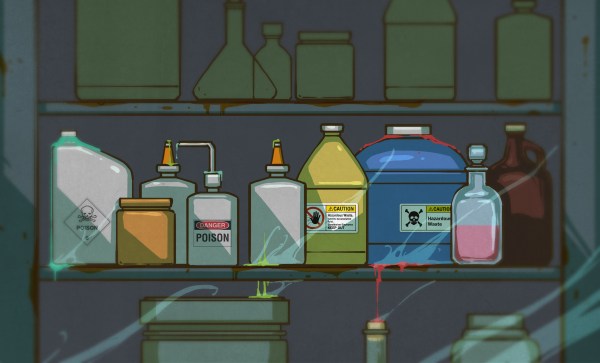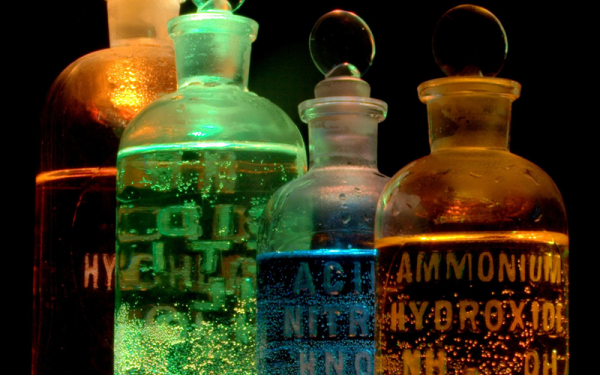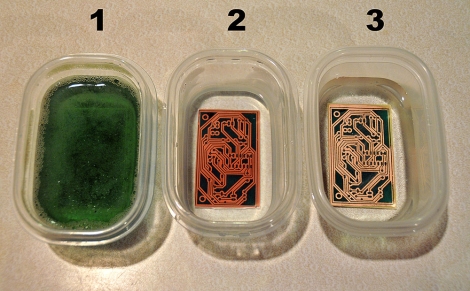There is one constant in the world of hardware hacker’s workshops, be they a private workshop in your garage or a public hackspace, and it goes something like this:
Everybody’s a safety expert in whatever it is they are working with, right up until the accident.
In other words, it is very tempting to harbour a cavalier attitude to something that either you are familiar with or the hazards of which you do not understand, and this breeds an environment in which mishaps become a distinct possibility.
As hardware people, we are familiar with basic tool safety or electrical safety. The chances are that we’ve had it drummed into us at some time in our growing up, by a lab supervisor, a workshop teacher, or a parent. That you as readers and I as writer have survived this long is testament enough to the success of that education. But what about those areas in which we may not have received such an education, those things which we either encounter rarely or seem harmless enough that their safety needn’t be our concern? Chemicals, for example: everything from glue through solvents and soldering consumables to PCB chemicals and even paint. It all seems safe enough, what could possibly go wrong? The answer to that question is probably something most of us would prefer never to find out, so it’s worth looking in to how a well-run workshop can manage its chemicals in as safe a manner as possible.
Continue reading “Sort Out Chemical Storage For Your Shop” →














